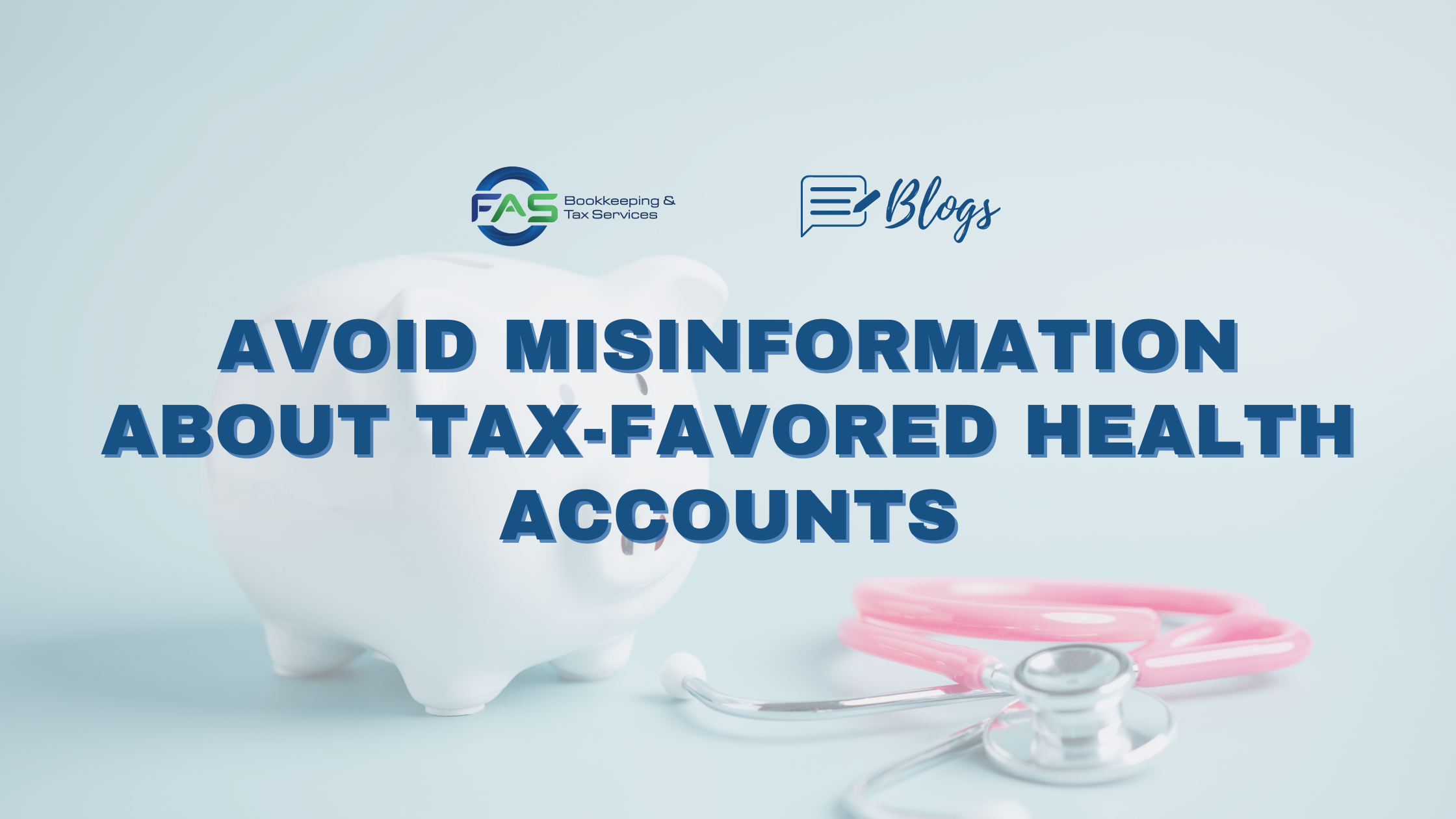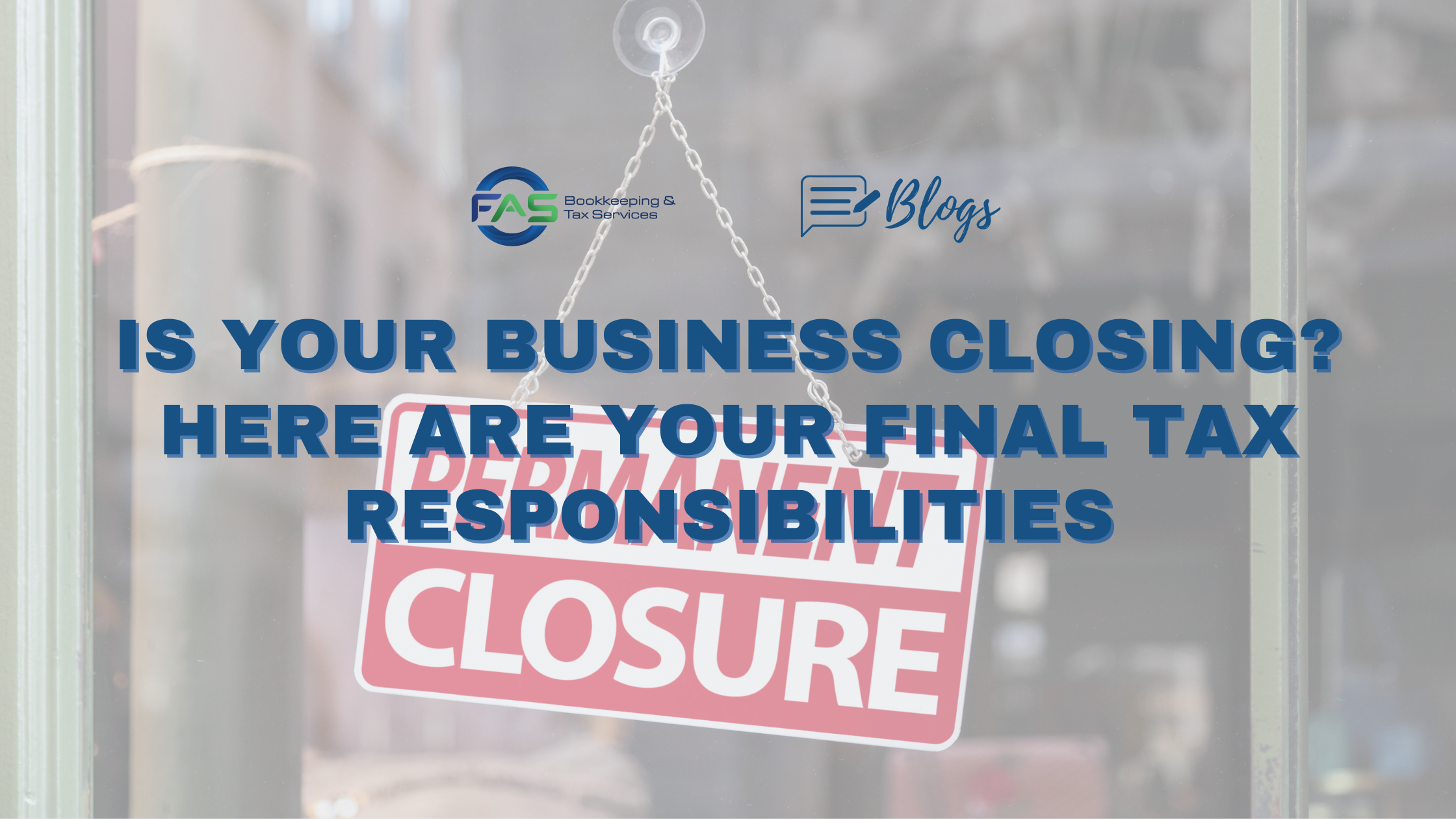Tax planning is a year-round activity, but there are still some year-end strategies you can use to lower your 2018 tax bill. Here are six last-minute tax moves business owners should consider:
- Postpone invoices.
If your business uses the cash method of accounting, and it would benefit from deferring income to next year, wait until early 2019 to send invoices. Accrual-basis businesses can defer recognition of certain advance payments for products to be delivered or services to be provided next year.
- Prepay expenses.
A cash-basis business may be able to reduce its 2018 taxes by prepaying certain expenses — such as lease payments, insurance premiums, utility bills, office supplies and taxes — before the end of the year. Many expenses can be deducted up to 12 months in advance.
- Buy equipment.
Take advantage of 100% bonus depreciation and Section 179 expensing to deduct the full cost of qualifying equipment or other fixed assets. Under the Tax Cuts and Jobs Act, bonus depreciation, like Sec. 179 expensing, is now available for both new and used assets. Keep in mind that, to deduct the expense on your 2018 return, the assets must be placed in service — not just purchased — by the end of the year.
- Use credit cards.
What if you’d like to prepay expenses or buy equipment before the end of the year, but you don’t have the cash? Consider using your business credit card. Generally, expenses paid by credit card are deductible when charged, even if you don’t pay the credit card bill until next year.
- Contribute to retirement plans.
If you’re self-employed or own a pass-through business — such as a partnership, limited liability company or S corporation — one of the best ways to reduce your 2018 tax bill is to increase deductible contributions to retirement plans. Usually, these contributions must be made by year-end. But certain plans — such as SEP IRAs — allow your business to make 2018 contributions up until its tax return due date (including extensions).
- Qualify for the pass-through deduction.
If your business is a sole proprietorship or pass-through entity, you may qualify for the new pass-through deduction of up to 20% of qualified business income. But if your taxable income exceeds $157,500 ($315,000 for joint filers), certain limitations kick in that can reduce or even eliminate the deduction. One way to avoid these limitations is to reduce your income below the threshold — for example, by having your business increase its retirement plan contributions.
Most of these strategies are subject to various limitations and restrictions beyond what we’ve covered here, so please consult us before you implement them.




